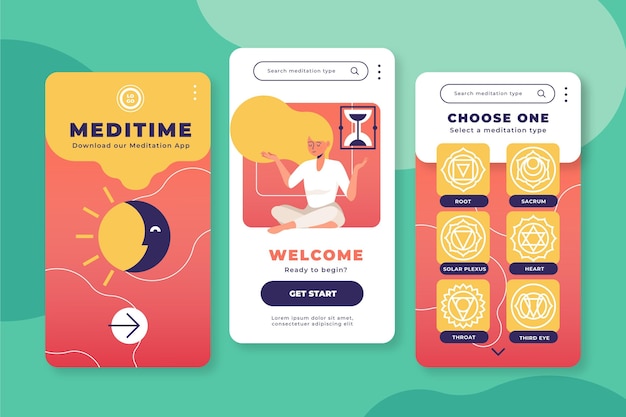A mountain of studies have shown that mindfulness can be a little bit magic in strengthening the brain against anxiety and other mental health problems. In a massive analysis of a number of different mindfulness/anxiety studies, mindfulness was found to be ‘associated with robust and substantial reductions in symptoms of anxiety.’ 
Mindfulness changes the brain the way exercise changes our body – but without the sweating and panting. Two of the ways mindfulness changes the brain are:
- by strengthening the connections between the amygdala (the key player in anxiety) and the prefrontal cortex (the part of the brain that can calm big emotions (and anxiety counts as a big emotion). The stronger the connections, the more the pre-frontal cortex is able to weigh in during anxiety and calm things down.
- by teaching the brain to stay in the present. Anxiety is driven by a brain that has been cast into the future. Thoughts start out as ‘what ifs’ and turn into persuasive little beasts that won’t let go. Mindfulness helps to keep control over your brain so you can stop it from worrying about things it doesn’t need to.
Okay then. What else can mindfulness do?
Plenty. Mindfulness can improve concentration, academic performance, the ability to focus, and it can help with stress and depression. It also increases gray matter, which is the part of the brain that contains the neurons. Neurons are brain cells, so we want plenty of them and plenty of gray matter for them to hang out in.
So mindfulness hey? What is it exactly?
Mindfulness is about staying in the present and ‘watching’ your thoughts and feelings without hanging on to them for too long. It’s this ‘hanging on too long’ that gives them the juice they need to become something bigger. Minds quite like to wander, especially anxious ones, so staying in the moment can take some practice. Here’s the how:
- Get comfy and close your eyes.
- Notice your breathing. How does the air feel as you draw it inside you? Notice the sensation of the air, or your belly rising and falling. Notice your heart beating. If your mind starts to wander, come back to this.
- Now, what can you hear? What can you feel outside of you and inside your body? If your mind starts to wander, focus on your breathing again.
Is there an app for that?

There are some brilliant apps that can guide you through mindfulness.
Here are three (with links) for you to have a look at:
- Smiling mind– a free app has tailored programs for different ages
— https://smilingmind.com.au/smiling-mind-app/
- Moodfit– tools & insights for your mental health.
–– Moodfit | Fitness for Your Mental Health (getmoodfit.com)
- Insight Meditation Timer– another free app with guided meditations from over 700 teachers. It also has a very excellent feature that shows a map of how many other people are meditating in the world (using the app) at the same time as you. How to make the world feel a little bit smaller and a little more connected. Nice.
— https://insighttimer.com
